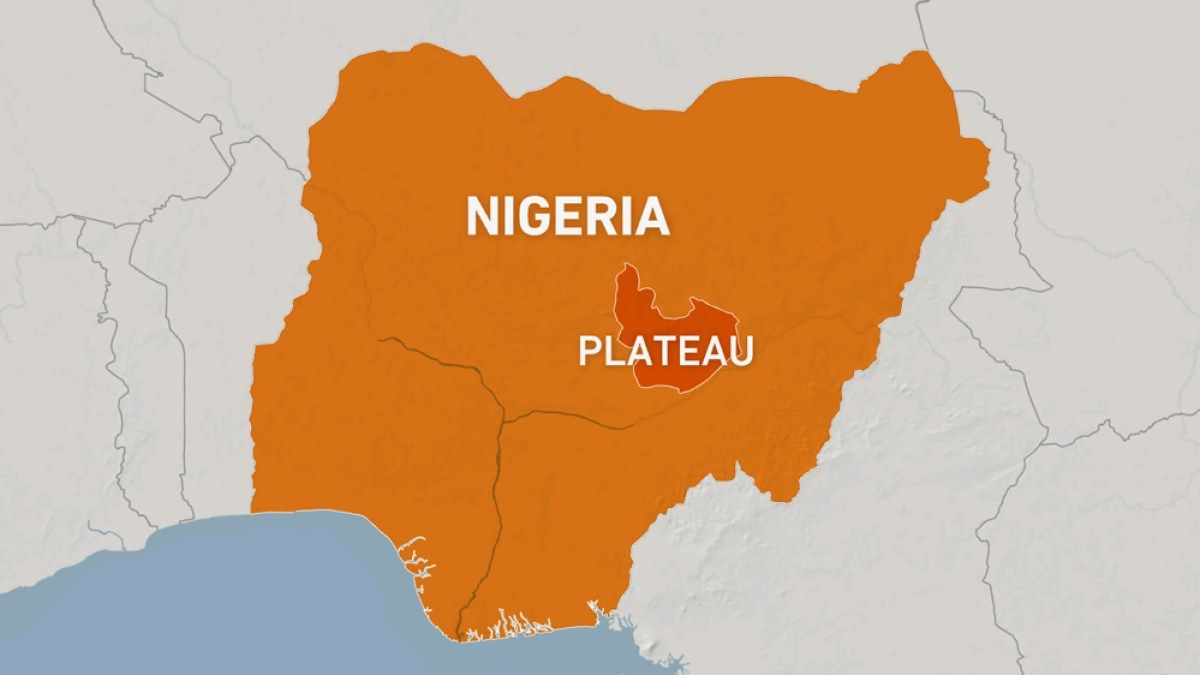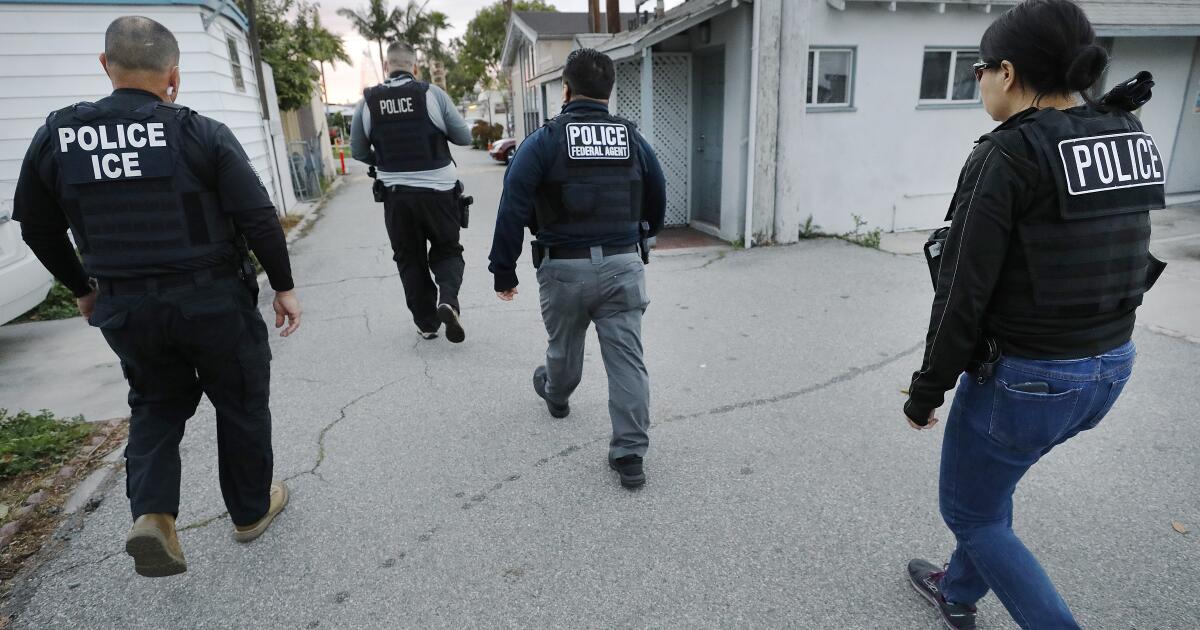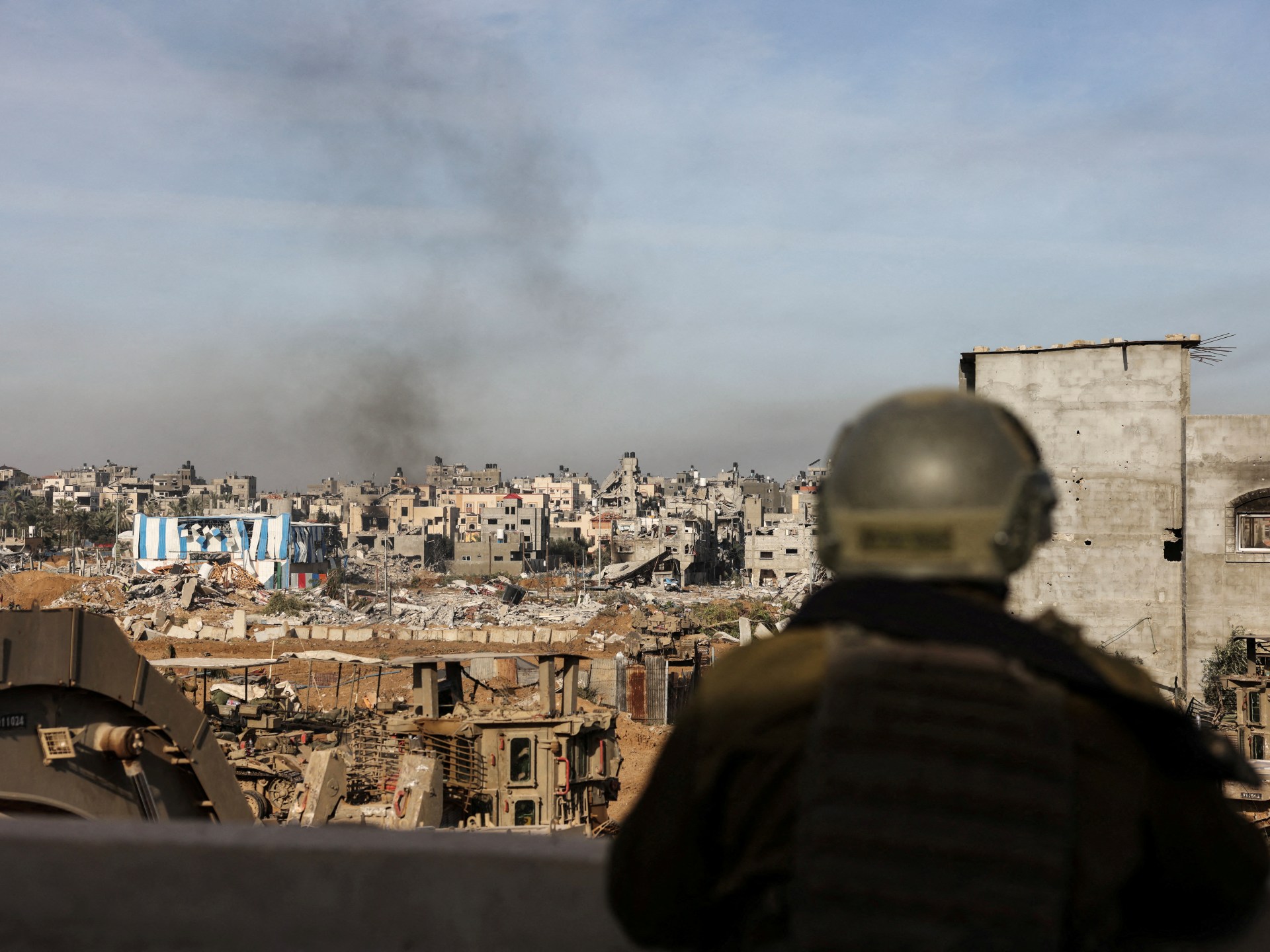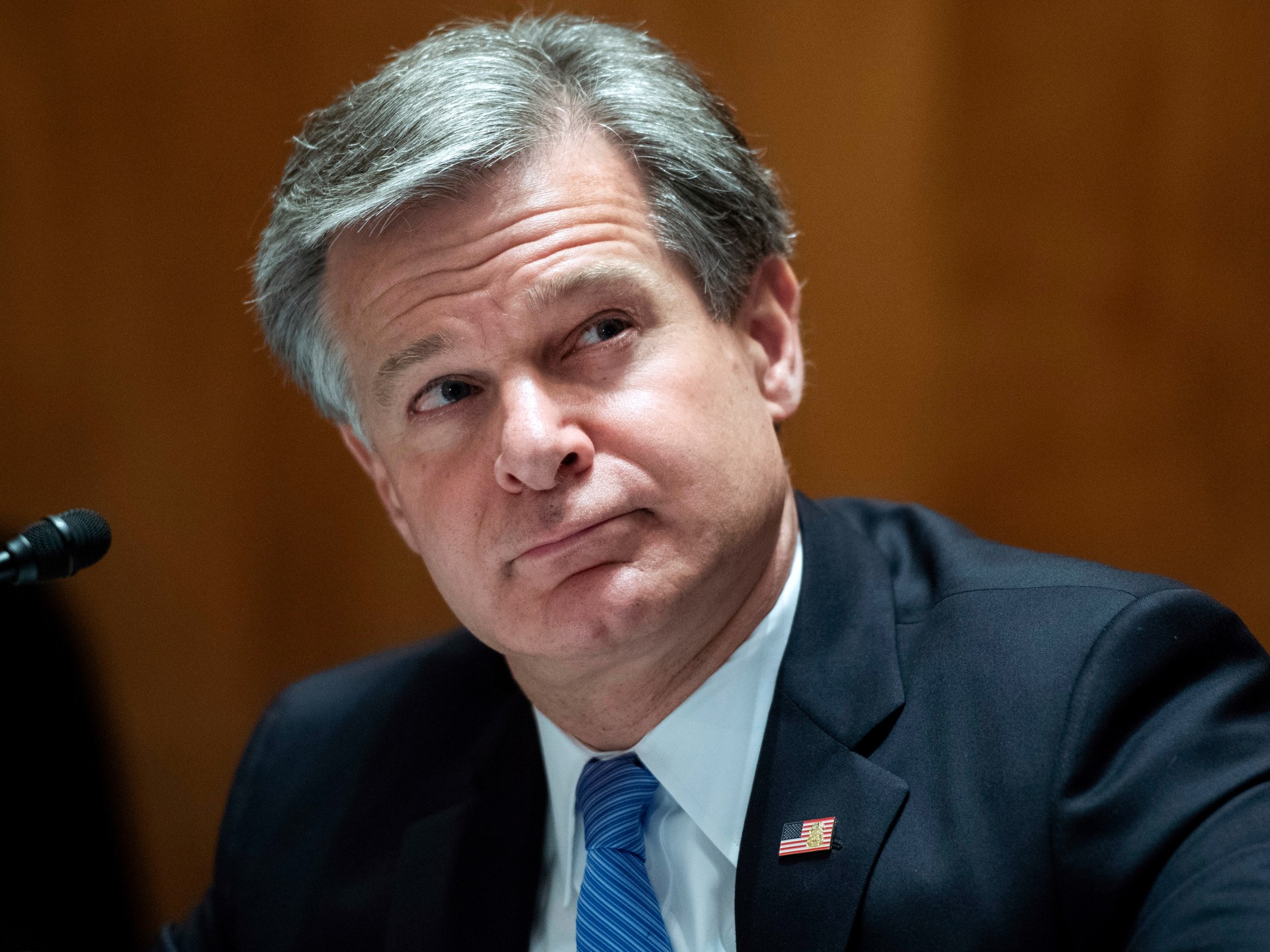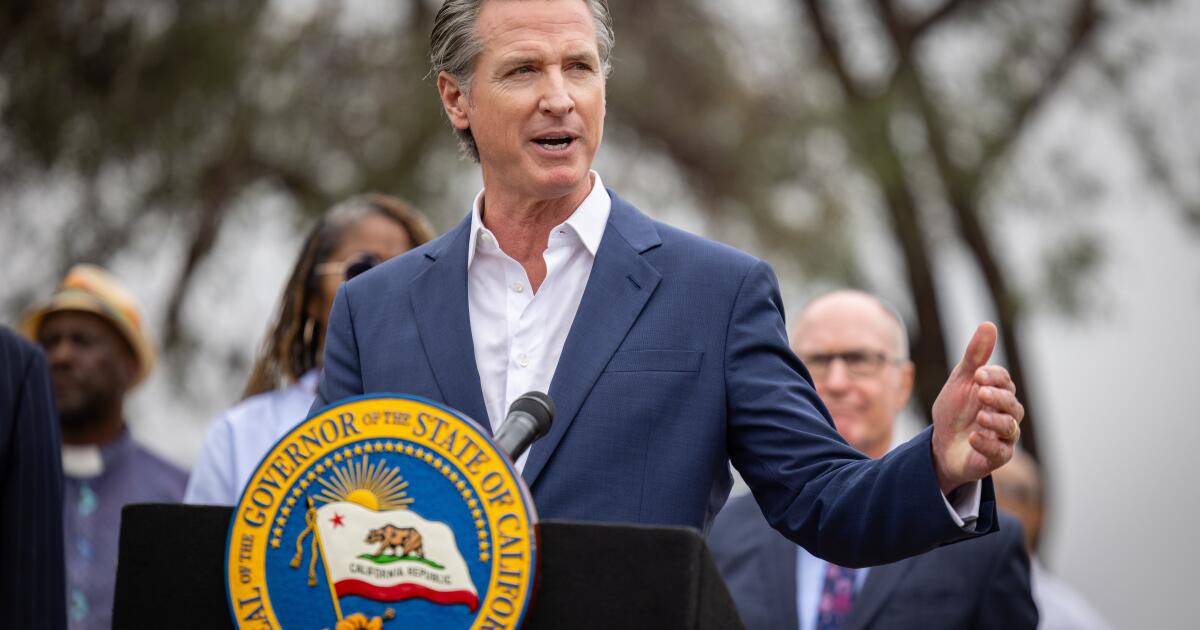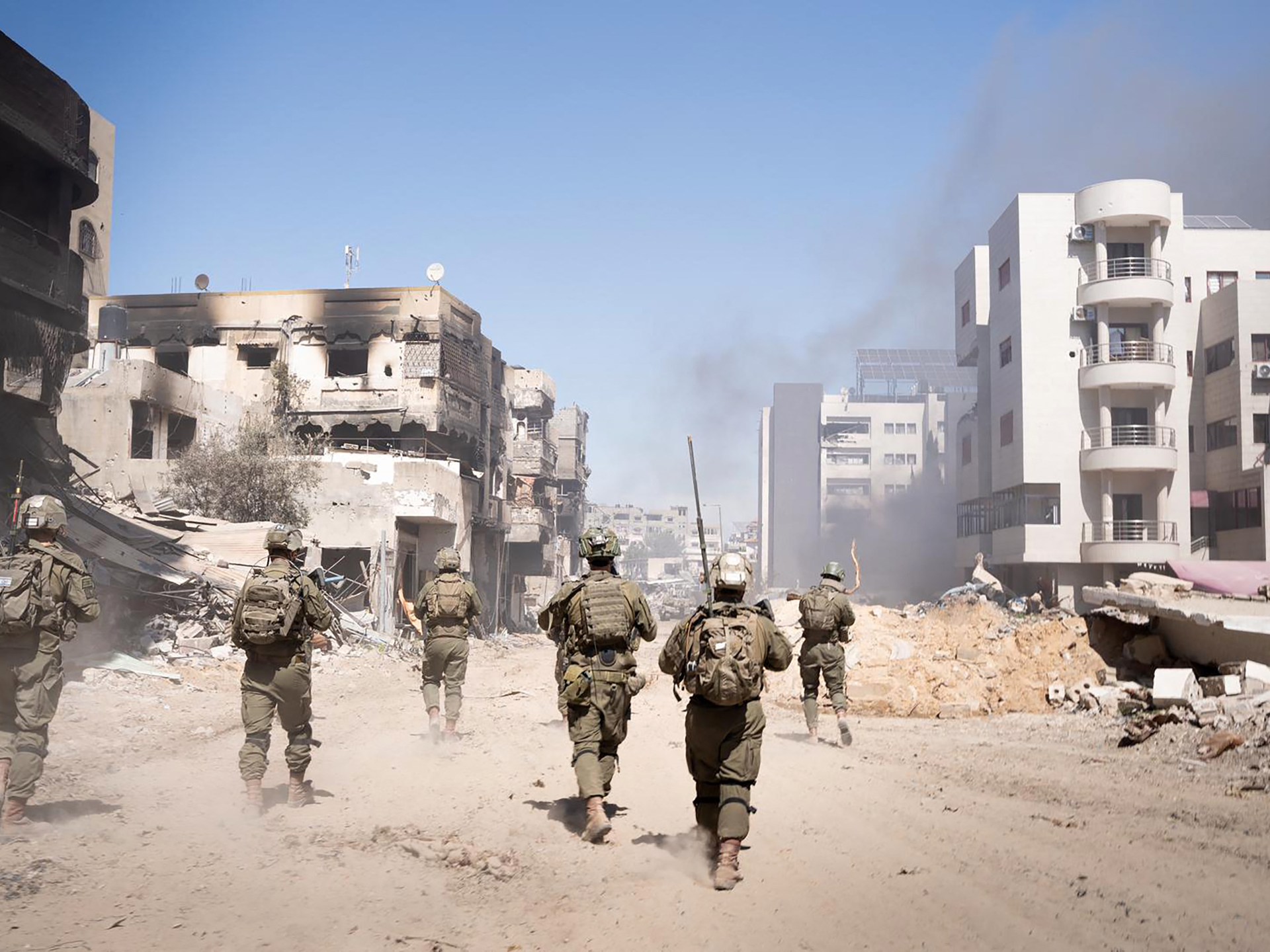Intercommunal violence is common in the state due to land tensions between nomadic herders and indigenous farmers.
At least 30 people have been killed in fresh violence in central Nigeria's Plateau state, where clashes between Muslim herdsmen and Christian farming communities have flared for years, a community organization and a group source said on Thursday. of help.
Despite a 24-hour curfew imposed on Tuesday in Plateau's Mangu local district, schools, places of worship and homes have been burned and looted in more attacks, community leaders said.
The Mwaghavul Development Association, an organization of ethnic Mwaghavul people, mostly Christians, blamed Muslim Fulani herdsmen for attacking the village of Kwahaslalek, killing approximately 30 people.
“For the moment, our people are at the mercy of God and the little they can do in self-defense,” the association said in a statement.
This figure was confirmed by a local rescue official and a source from an aid group working on the ground, who spoke to the AFP news agency on condition of anonymity. The aid source said more than 100 people had been injured.
Security personnel have not yet commented on the death toll in the most recent attacks.
Two camps have been created for displaced people in the city of Mangu, with capacity for about 1,500 people, the local president of the Nigerian Red Cross, Nurudeen Husaini Magaji, told AFP.
The governor of Plateau announced the curfew on Tuesday after another clash that authorities attributed to a dispute between a shepherd moving his livestock and other residents using the road.
A story of community conflict
The state is located in the Middle Belt, a region seen as the dividing line between Nigeria's predominantly Muslim north and predominantly Christian south. Intercommunal violence has been common in the region, which is home to dozens of ethnic minorities such as the Mwaghavul.
Clashes in the region and the northwest have their roots in communal tensions over land between nomadic herders and indigenous farmers, but are exacerbated by the effects of climate change and population growth in the region. Multiple local reports have attributed to farmers' claims that they have had to organize themselves into self-defense groups to defend themselves from attacks by herdsmen.
The situation has been aggravated by retaliatory attacks and a wider network of criminality. Heavily armed gangs, known locally as bandits, attack villages, especially in the northwestern states, looting and kidnapping for ransom. The conflict has also spread to parts of southwestern and southeastern Nigeria.
In recent times, tensions have soared since nearly 200 people were killed over Christmas in raids on predominantly Christian villages.
The Jama'atu Nasril Islam, a Muslim community organization, also said that clashes broke out in the city of Mangu between Tuesday and Wednesday, with places of worship and religious schools attacked.
“We call on the government and security agencies to intensify their efforts to protect the lives and properties of the people of Mangu and other hotspots,” said JNI state director Salim Musa Umar.
“Everyone involved should also do everything possible to avoid any potential escalation.”

